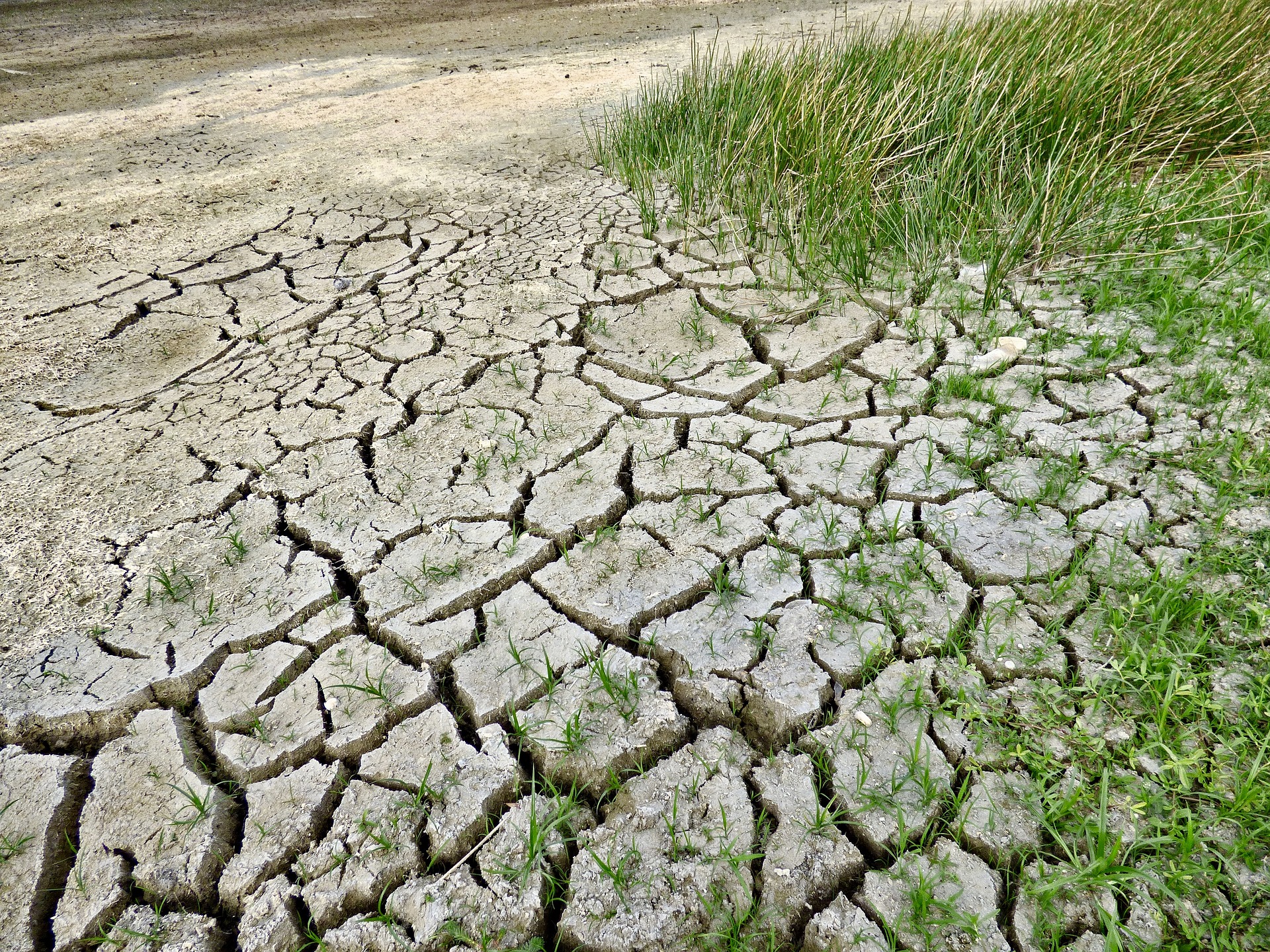Green procurement is an emerging area in procurement that is taking off as a discipline. This is a result of its codification in social and legal/regulatory procurement principles that focus on economic, social and environmental factors. As a discipline, green procurement focuses on the efforts of companies to be ethical and environmentally conscious. Green companies, for instance, focus on reducing, reusing and/or recycling inputs so expenditure outlay is more sustainable over the long term.
Green procurement and climate change
Expert warnings with respect to climate change amplify each year. For instance, this year alone over 700k people will die from air pollution and a further 1.8 billion tons of human-produced waste will enter our seas. To put this in context, the entire shipping fleet in the world displaces about 30m tons of water yet we dump 60 times the total volume of shipping annually in our seas. Sustainable practices and green procurement by their nature are an acknowledgment that change must happen. Innovation is, naturally, at the very centre of green procurement.
At many critical junctures in our species’ history, humanity has shown it can adapt to changes in our environment. While it may seem glacial in pace, the ingenuity of humanity is increasingly focusing on these existential threats and challenges and across the world, businesses are adopting innovative sourcing practices that achieve value for money sustainably.
Green trends
Green procurement is an established trend in businesses that examines the need for sustainable sourcing. Its influence is moving beyond early adopters into the mainstream economy (often in response to consumer demand or ethical funds). While private sector SMEs are encouraged to buy green, green public procurement is mandatory. For example, the public sector is obliged to take account of sustainability and act as a benchmark standard for the rest of the economy. This is different from the private sector as it responds more quickly where market demand and incentives align. The more aware the consumers are of the impacts of climate change, the quicker they demand changes like:
- Make-up (palm oil),
- Farming (grass-fed beef),
- Compostable coffee cups, or
- Fishing (species that are not at risk / threatened).
Pay attention to the agri-innovation campus outside Denmark’s second city, Aarhus if you want to look into the future.
Innovation clusters drive sustainability and green procurement
Agro Food Park is an agricultural park outside the city of Aarhus in Denmark that boasts over 75 companies and 1,000 employees. The park occupies 33,000 m2 of office space kitted out with laboratories and conference facilities. These outfits range from one-man businesses to corporations with over 450 employees. Therefore, these companies make up an eco-system that facilitates “fruitful cooperation” (e.g. they share research and educational facilities). It is clear that it wants to become a hub for food R&D and a role model for food industrial parks.
The park is successful and helps businesses, particularly retailers, source their needs ethically and efficiently. For example, a survey found 90% of companies believe the park positively impacts their development encouraging cooperation and growth. The park is adding 3 million square feet for more companies as it tries to become “Silicon Valley for agriculture”.
Longer term green trends
However you look at it, the Agro Food Park in Denmark demonstrates the benefits of facilitating green entrepreneurship. The green entrepreneurship is responding to consumer and procurement demands in the private and public sector. This way, green procurement can lead the way in waste reduction, clean energy reduction, smart farming, and food production. Consumers expect businesses and the government to act responsibly and look after the environment.
Note: by coincidence, as this article has been in the pipeline for some time, the Irish state published guidelines that include green procurement criteria this week and it is accessible https://ogp.gov.ie/information-notes/. Further to this, the European Commission has additional guidance available here: http://ec.europa.eu/environment/gpp/pdf/brochure.pdf.
***
More ‘Top Tips’ on Procurement Strategy
We have lots of great advice on how to approach tender management however so check out our Procurement Strategy services to see how we can help with tender and bids or search for ‘Procurement Strategy‘ articles on our blog.

